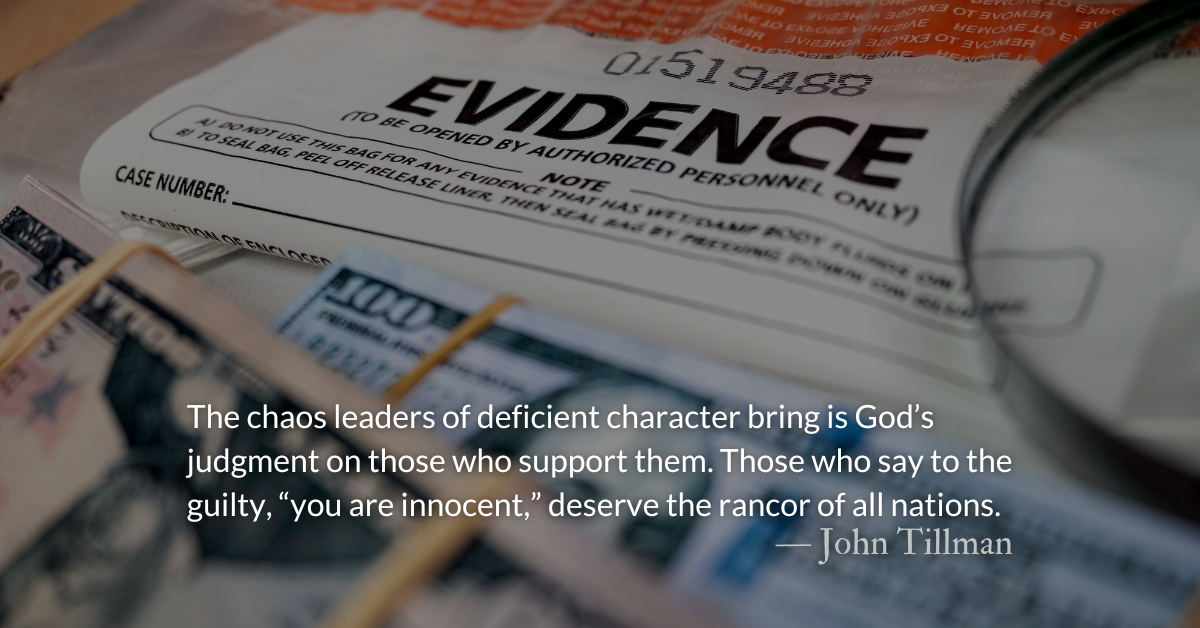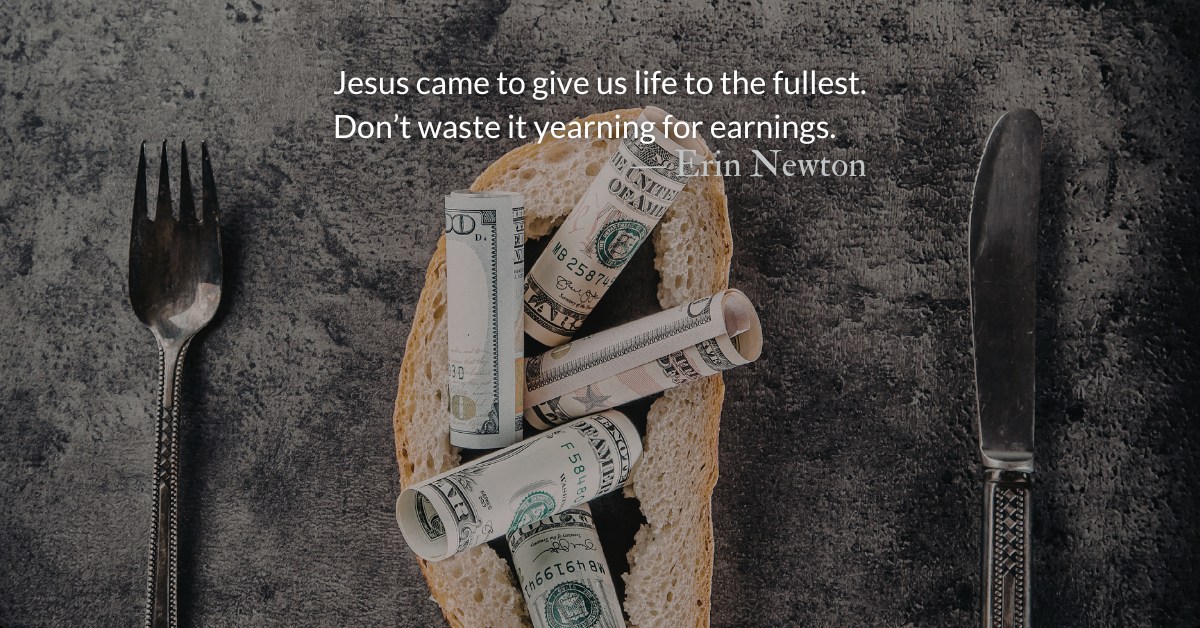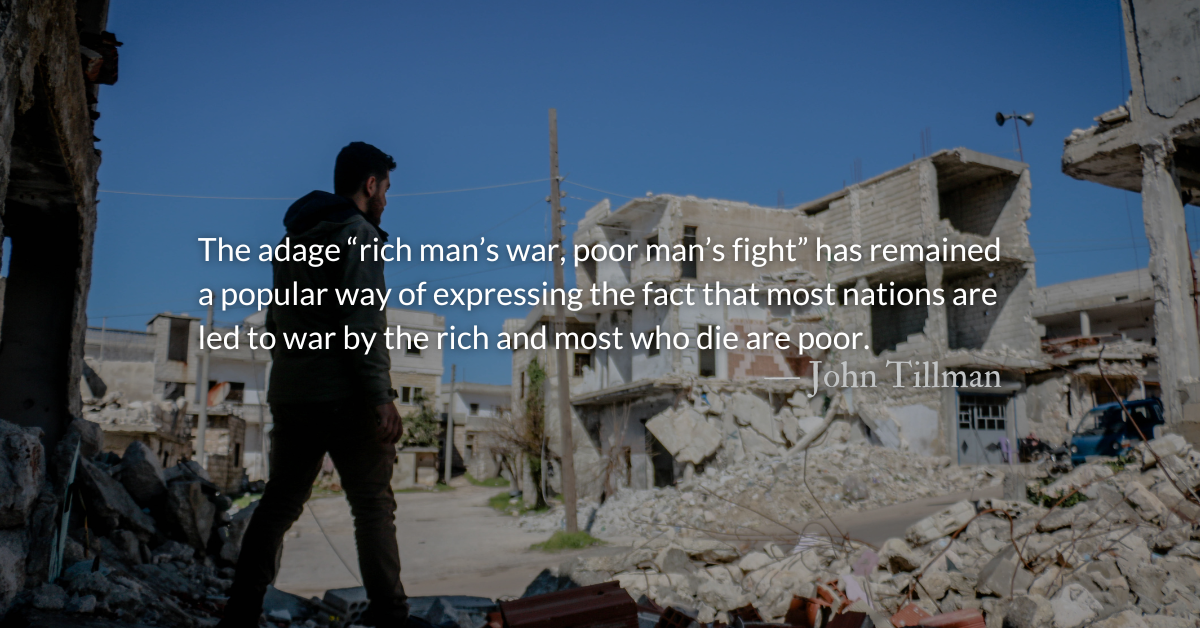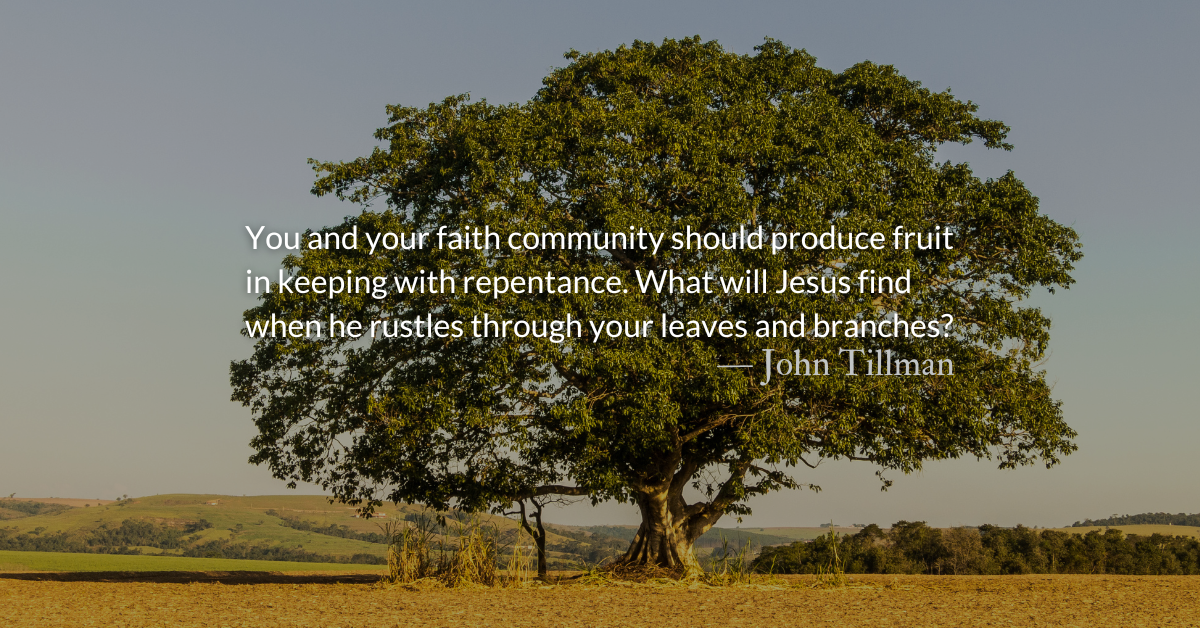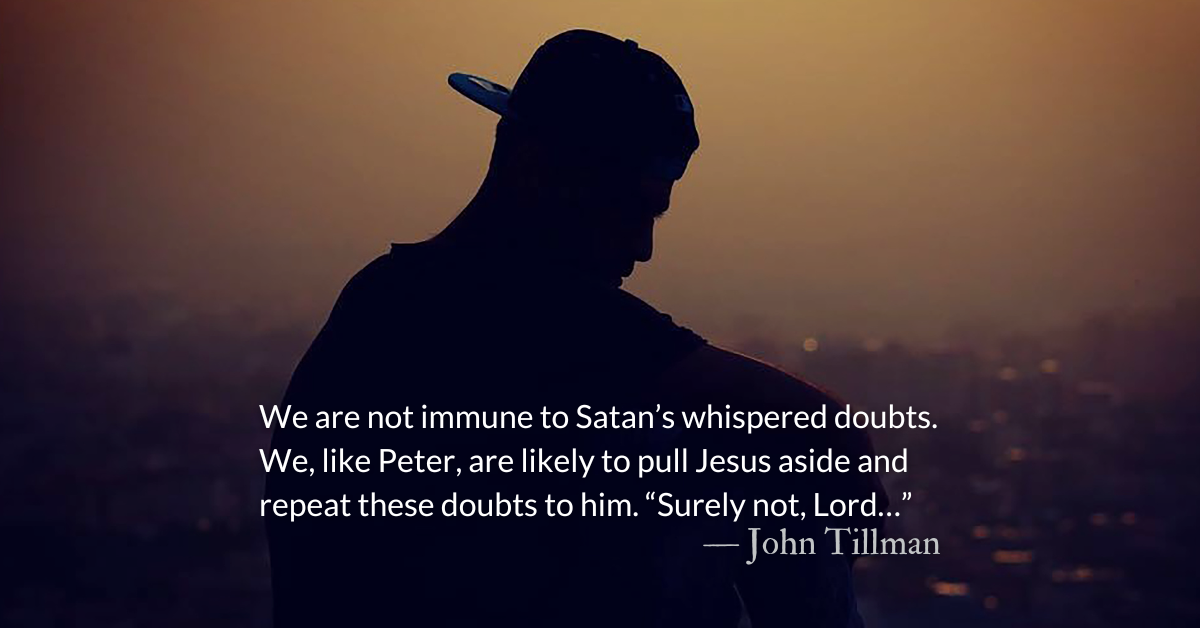Links for today’s readings:
Mar 5 Read: Proverbs 24 Listen: (3:47) Read: Mark 14 Listen: (8:37)
Scripture Focus: Proverbs 24.23-29
23 These also are sayings of the wise:
To show partiality in judging is not good:
24 Whoever says to the guilty, “You are innocent,”
will be cursed by peoples and denounced by nations.
25 But it will go well with those who convict the guilty,
and rich blessing will come on them.
26 An honest answer
is like a kiss on the lips.
27 Put your outdoor work in order
and get your fields ready;
after that, build your house.
28 Do not testify against your neighbor without cause—
would you use your lips to mislead?
29 Do not say, “I’ll do to them as they have done to me;
I’ll pay them back for what they did.”
Reflection: Kiss of Honesty or Deceit?
By John Tillman
This section of Proverbs highlights the connection between justice and honesty and their opposites, partiality and deception. The central phrase celebrates honesty as an act of respect and love—a kiss on the lips.
The Hebrew translated “honest” means “straight.” Its opposite, the Hebrew for “crooked” is often translated “deceitful.” English has this metaphor too. On important issues, we want “straight” answers from leaders. We usually get deceitful answers—crooked, spin-filled speeches of avoidance.
Answers can be crooked. So can interpretations. Partiality blinds eyes and twists words. (Deuteronomy 16.19) If partial to the speaker, we may call crooked words straight, kissing their mouth with our lips.
In our culture, kissing on the lips occurs primarily in romantic relationships. Even very close platonic friends rarely kiss on the lips, but in biblical times it was a common, nonsexual gesture of affection and respect. The early church greeted each other with holy kisses. (Romans 16.16; 1 Corinthians 16.20; 2 Corinthians 13.12; 1 Thessalonians 5.26) Jesus criticized Simon the Pharisee for neglecting the customary, hospitable greeting of a kiss. (Luke 7.44-47) The slight of not greeting Jesus with a kiss revealed that, at heart, Simon was not judging Jesus impartially. A kiss promised honesty. This also made Judas’s kiss of betrayal all the more “crooked.” (Luke 22.47-48)
Partiality has many flavors. People may judge for the powerful in exchange for favors or for the wealthy in exchange for bribes. Yet, scripture also condemns judging for the poor due to misguided sympathy. Cases must be judged on the merits, not by predetermined partiality against classes, races, or other groups. (Leviticus 19.15; Deuteronomy 1.17; 16.19; 2 Chronicles 19.7)
Wise safeguards attempt to protect against partiality. My relative, who is a judge, has sons who are law enforcement officers. To prevent partiality due to familial ties, he cannot handle cases involving his sons. But if his heart became corrupt and crooked, he could and would find a way to influence the system.
Systems of checks and balances cannot account for all forms of partiality. It is self-deception to think we have or could design such a system. Therefore, it always comes down to the individual integrity, character, and honesty of leaders. Frightening, yes?
The chaos leaders of deficient character bring is God’s judgment on those who support them. Those who say to the guilty, “you are innocent,” deserve the rancor of all nations. (Proverbs 24.24)
Character is the ultimate leadership quality and is a test for us. When we “kiss” leaders with compromised character—honoring them, praising them, promoting them—like Judas, we kiss Jesus with betrayal.
Divine Hours Prayer: The Request for Presence
O God of hosts, show the light of your countenance, and we shall be saved. — Psalm 80.7
– From The Divine Hours: Prayers for Springtime by Phyllis Tickle.
Read more: A Prayer for Times of Trouble
The time of trouble was upon him…hours away from death, minutes away from betrayal. Would he falter? Would he back away now?
Consider Supporting Our Work
The work we do is not cheap, but you experience it for free because of our donors. Please consider joining our donors. Any size of gift makes a big difference.


